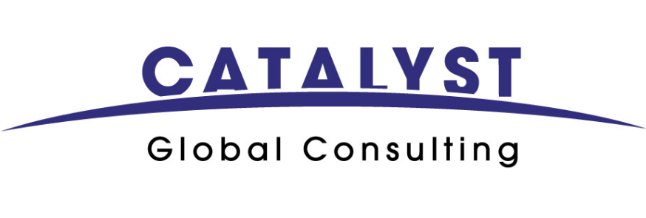What’s Your Hiring Strategy?

By Reno Rafly, MS
CEO & Founder, Catalyst Global Consulting
www.cgcteam.com | @notepad
(New York, USA) – Having a bad hire is very costly to the business. Not only could it create a bad vibe to employee morale, it could also influence a poor workplace culture. According to a CareerBuilder.com 2012 study on the cost of hiring, 7 out 10 businesses experienced a bad hire, and 24% managers stated a bad hire cost them as much as US$50,000 (CareerBuilder, 2012). The cost is accumulative from the low productivity, the gap between hires, time to train a new hire, to lost opportunity cost of the business.
Business leaders often neglect to develop a people strategy when they develop a business strategy. The common practice to “just let HR handle this” is no longer acceptable in the era where good talent is hard to find. With competitors ready to gain your market share in the blink of an eye, you need to be ahead of the game by hiring the best talent. Having a good hiring strategy can make a big difference in your business productivity and growth.
Below are five tips to help you start thinking about your hiring strategy:
1. Be clear with your business goals
When you understand your business goals, you will have a better understanding of the skills you will need from your team to achieve these goals.
2. Develop a Hiring Needs Analysis
A Hiring Needs Analysis (HNA) can help you put together and document skills and knowledge that currently exist in your organization and skills that you will need. You can then create positions and put them into appropriate levels in the organizational structure.
3. Create a good job description
Having a clear and concise job description can save you hours of filtering out applicants. Be descriptive in what you’re looking for and the minimum levels of requirement. Understand that although it seems good to hire someone who has 10 years of experience with a master’s degree, the position may not need that level of qualification. Be realistic with what you need and the level of compensation you can provide.
4. Hire for attitude and skills
Hire people who love what they do and are good at it. These are the people that do not need to be motivated; they enjoy learning new things and they will thrive to achieve their goals by supporting your organizational goals. You can provide additional training for skills you might need in the future, but you cannot train positive attitude.
5. Create a good recruiting experience
Create a good experience for everyone that is involved in the process. Yes, this includes the rejected candidates. In the age of social media, bad news travels fast and the only thing you do not want to see after you celebrate your new hire is to hear that someone mentioned your firm and wrote how bad your recruiting process was. Remember, these people can potentially become your future clients and business partners, so being kind and respectful should be the slogan of your process.
Communicate this guideline to everyone in your organization and take the lead in ensuring your hiring strategy will be a turning point to the quality of hires that will support your business growth.
Dec 08, 2015




 English
English
 Bahasa
Bahasa
 日本語
日本語
 한국어
한국어
 ไทย
ไทย
 tiếng Việt
tiếng Việt







